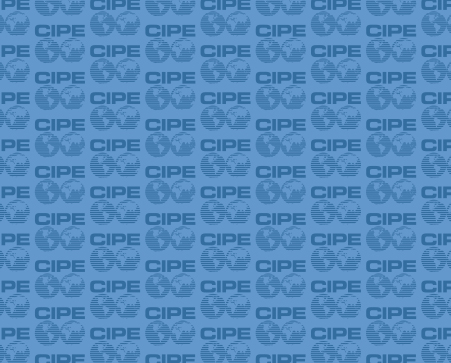
Inclement weather conditions throughout December have had a heavy impact on Venezuela. Torrential rains and mudslides have left over 130,000 people homeless and hundreds dead. The rains have also caused extensive damage to infrastructure: 250 roads are notdrivable, dams have been broken, and several bridges have been closed. Governmental response to the crisis included a rather unconventional type of emergency response. President Hugo Chávez asked the outgoing Assembly to grant him special legislative powers for him to be able to deal with the crisis legislating by decree for an 18-month period. The President argued that enabling him to legislate would allow him to correct the environmental damages caused by “capitalism’s irrationality.” In a lame duck session held on December 17, the outgoing Assembly approved the Enabling Law.
Strong rains will have a heavy toll on the already battered Venezuelan economy. Before December’s rains, inflation was already over 25 % and the country was having a hard time recuperating from a negative 3.3 % year-on-year growth rate in 2009. According to the UN’s Economic Commission for Latin America (ECLA, CEPAL), year-on-year growth for 2011 is estimated at negative 1.6 %. Increasing Hugo Chavez’s legislative powers to respond to damages caused by the weather will less likely help the country’s economy grow at sustained positive rates or address inflationary pressures.
Rather than addressing the consequences of inclement weather, the move seems aimed at stripping the incoming opposition legislators from a chance at effectively influencing Venezuela’s policymaking process. Legislative elections held last September granted over two-thirds of seats and 52 percent of the popular vote to opposition candidates summoned in the umbrella political organization Mesa de Unidad Nacional, giving them enough votes to block and shape legislation proposed by the government or pro-government legislators. The outgoing Assembly has been controlled in its entirety by pro-chavista legislators since 2005. The Enabling Law allows Chávez to by-pass any obstacles posed by opposition legislators and grants him unlimited room to legislate on the following subjects:
- Any policy issues related to human needs and poverty derived from inclement weather conditions, as well as those derived from social conditions caused by the country’s environmental challenges
- Infrastructure, transportation, and public services
- Housing
- Use of rural and urban land as well as organization of Venezuela’s territory. In other words, stripping mayors and governors (particularly those in the opposition) of their limited powers and more property expropriations
- Public and private finance and taxation
- Public security and judicial security
- Security and defense
- International cooperation
And if the previous eight categories don’t give Chavez enough power to legislate over almost all policy areas, he would also have the power to legislate over Venezuela’s socioeconomic framework. Inclement weather dispossessed not only those directly affected by the rain and floods, but also the country’s opposition in the Assembly.
Published Date: December 27, 2010